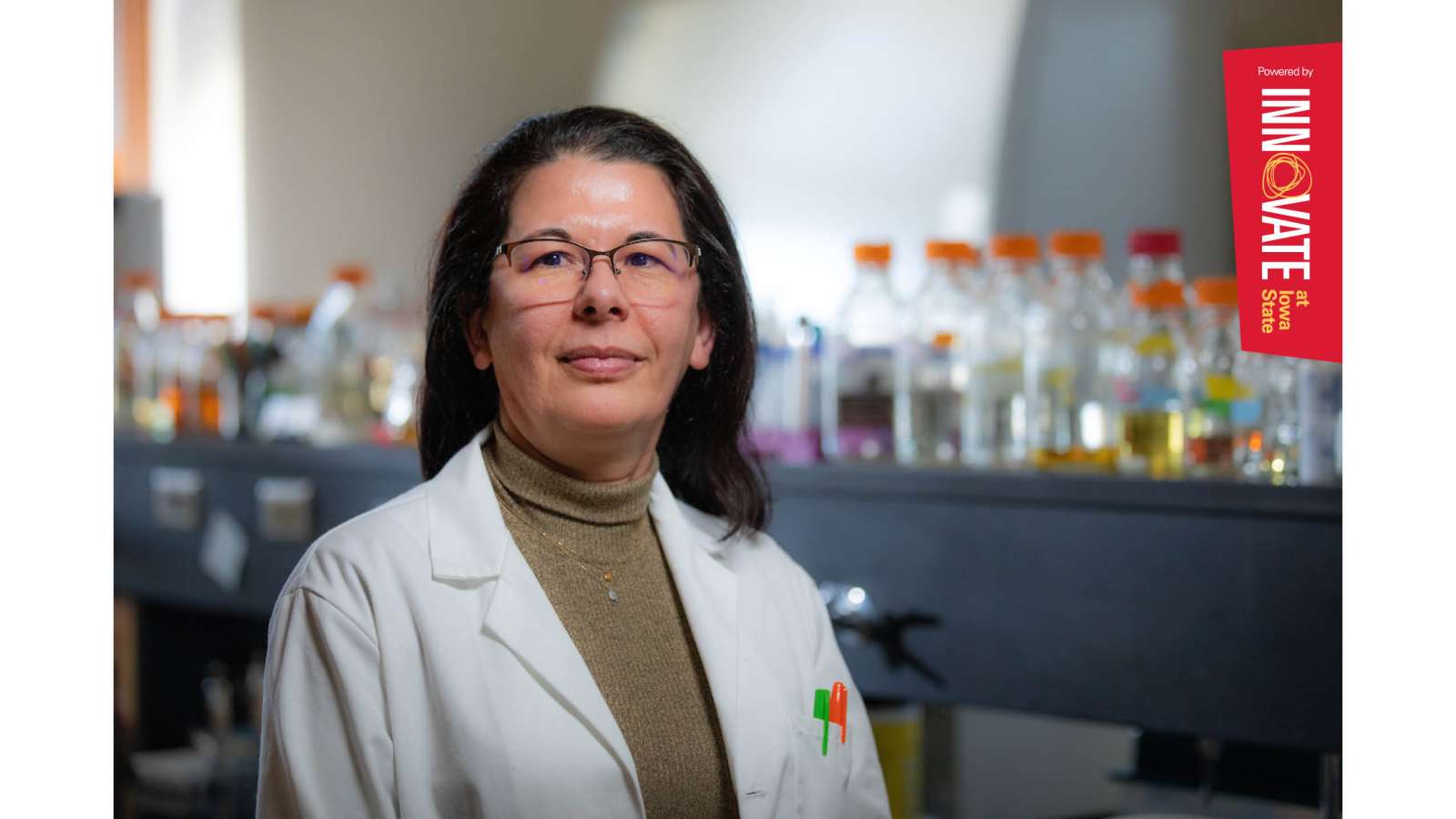We're surrounded by and steeped in microbes. Trillions live on our skin and in our bodies, helping us digest food and absorb nutrients, fight infections, and even manage stress. But of course, some make us sick.
According to the Centers for Disease Control and Prevention, salmonella (nontyphoidal) bacteria cause an estimated 26,500 hospitalizations and 420 deaths in the U.S. each year.
“Salmonella bacteria live in the guts of many animals, but in some hosts, like chickens, salmonella tricks the animal’s gut into thinking it’s not bad. Since there’s no immune response, the animals carry the bacteria without showing symptoms,” says Melha Mellata, associate professor of molecular microbiology at Iowa State University.
To help prevent salmonella from slipping through the supply chain, Mellata’s lab is developing a probiotic with several key, beneficial microbes for chickens. One they identified is segmented filamentous bacteria (SFB). Traditionally, SFB is transferred from hens to chicks shortly after they hatch. But in most commercial poultry operations today, chicks hatch in incubators, away from their mothers.
The researchers discovered that inoculating newly hatched chicks with SFB triggers their guts to produce T-cells and antimicrobials that attack salmonella and other bacteria of the same family.
With a pending patent through ISU Research Foundation, the researchers want to turn their discovery into a commercial probiotic. They envision a powder that can be sprinkled onto food or mixed with water for chicks shortly after hatching. Mellata says this would be an easy, inexpensive solution for producers.
“Let’s help chickens build their gut immunity so they can fight infection on their own,” says Mellata.
